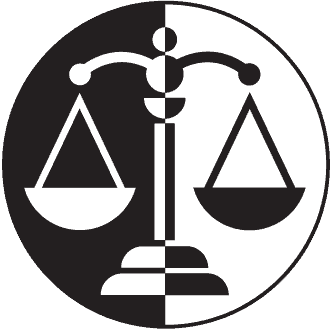Raleigh Child Custody and Wake County Child Custody Evaluations
A child custody evaluation is a valuable tool in contested Raleigh child custody cases in North Carolina. In this article I will explore some of the frequent questions I get about the custody evaluation over my years of practice in the Wake County family court in Raleigh, NC and other counties around North Carolina.
What is a child custody evaluation?
Generally speaking, a child custody evaluation is a forensic examination of the children and parents by a qualified person. The evaluation report will present the information gathered, an interpretation of the information, and make recommendations for the family. The recommendations may include, for example, custodial schedule, suggestions about communication, and the need, if any, for individual and family counseling.
What is the purpose of the child custody evaluation in North Carolina courts?
As with any expert witness, the purpose of an expert is to assist the district court judge hearing the child custody case in making a fair and fully informed custody decision. A child custody evaluation, no matter what the recommendations are, is not a replacement for the final judgment of the court. The trial court may elect to use the recommendations; however, there is no requirement for the judge to do so. The district court judge also has the choice to place little credibility in the evaluator’s opinion.
When can a child custody evaluation help?
I believe they can help in any Raleigh child custody or NC custody case that is being litigated because when the parents can’t agree and a judge must decide, the kind of information provided by the report almost always helps the court make a decision.
When can a child custody evaluation hurt?
On an individual basis, it would not be wise for a party who has psychological problems and parenting issues to request a child custody evaluation because these problems are likely to be highlighted in the experts’ report. Of course, this sets up the tension between a parent’s individual desires for a particular custodial arrangement and what is truly in the best interest of the child.
A forensic child custody evaluation should be considered in any high-conflict case and in cases where there are suspicions of substance abuse, sexual abuse, or other similar factual situations. The American Psychological Association has published guidelines that are useful.
What are the other downsides to a custody evaluation?
They are expensive and they add several months to the custody litigation process. In Raleigh child custody cases an expert may cost between $4,000 and $12,000. the cost can vary by location because different experts frequently serve different areas of the sate. There is a range that experts in the field charge and the number of children and complexity of the case all go into the wide range of possible costs. The other obvious issue is how long the process takes. The expert not only has to do interviews of the parents and children, but performs psychological testing, reviews of relevant documents, and interviews collateral witnesses.

